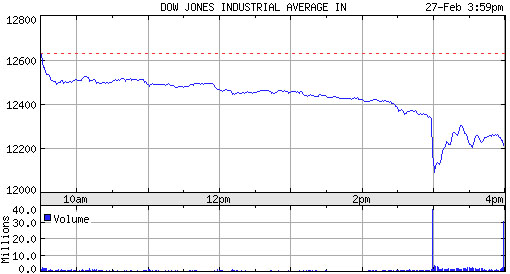This seems to have been my “interview very smart people” month. A couple of weeks ago I was lucky enough to spend an hour talking with David Weinberger about his fascinating new book, Everything Is Miscellaneous. The full interview with Weinberger is now up at Salon.
I highly recommend the book: it’s a sophisticated, deep discussion of one of the issues that the Chandler developers in Dreaming in Code were grappling with, as they tried to break personal digital information out of application-based “silos” to create the sort of “miscellaneous soup” that Weinberger celebrates.

If I have any disagreement with Weinberger, it’s that I think he is so enthusiastic about the manifold opportunities digital organization presents — and so gifted at explaining them to us — that he is a little dismissive of the frictional drag created by practical implementation details. He makes a compelling theoretical case for “third order” systems that let us try out multiple organizational schemas. But in practice I think a lot of this stuff remains out of reach and will continue to do so for a long while. In my and I think many users’ experiences, the sheer difficulty of creating good software means that the digital realm remains far less responsive to our changing needs than is modeled in Everything is Miscellaneous. To paraphrase the great William Gibson line, the miscellaneous is here — it’s just not evenly distributed yet.
Following the break, a relevant chunk of the interview which didn’t make the cut for Salon (pretty high geek quotient).
[Read more…]

 This is the ninth edition of
This is the ninth edition of 
